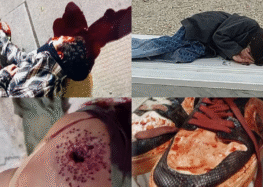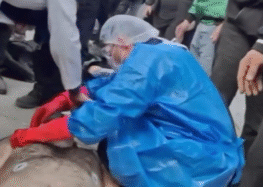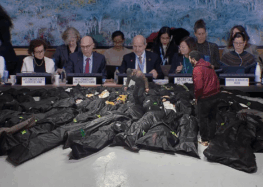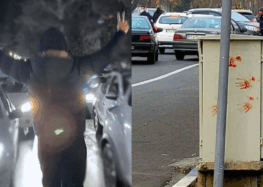Rouhani’s Top Advisor Says Identity of Killer of Canadian Photojournalist Zahra Kazemi is Known
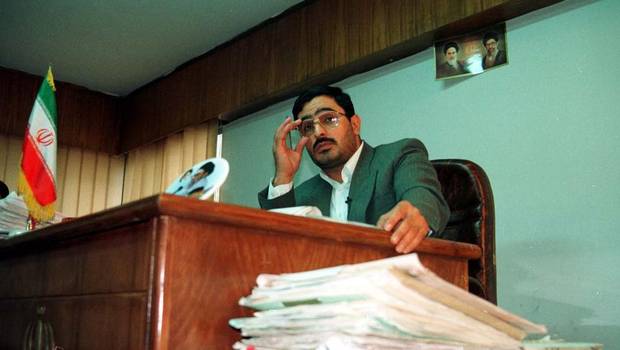
Official Admits to “Many” Rights Violations in Iran’s Prisons and Courts
In a startling admission, a high-ranking aide to President Hassan Rouhani has acknowledged that human rights violations, and particularly the prison death of Iranian-Canadian photojournalist Zahra Kazemi, have incurred high costs for the Iranian government in its foreign relations. Ali Younesi, Rouhani’s Special Assistant in Ethnic and Religious Minority Affairs, also told the Islamic Student News Agency (ISNA) on February 25, 2015, that the Iranian government has evidence regarding the individual responsible for Kazemi’s 2003 death.
“Currently, there are many instances of violations of human rights in prisons, in courts, and in many other places, where it is observed that extremist and radical elements have penetrated. The Islamic Republic must be able to get rid of them,” said Ali Younesi. “These extremists create problems for the Islamic Republic, and the Islamic Republic must pay for it. We had a lot of arbitrary operations like this in the past, where, for example, an interrogator, a judge, or a military or police agent made a mistake, or did something on personal will, but it ended up as something the state had done,” he added.
“For several years now, we have been having problems with the Canadian government over the incident that took place about Zahra Kazemi. There is evidence showing which individuals did this; although God’s will punished them elsewhere and they were penalized and God’s justice was carried out for some of these suspects, but in the end, it was personal will at work there, for which the Islamic Republic is still paying,” said Younesi.
He did not mention any names or provide any explanations about whose “personal will” was at work in the case of the Iranian-Canadian photojournalist’s death while in custody. A 2003 investigation by the Iranian Parliament named Saeed Mortazavi, the sitting Tehran Prosecutor, as the main suspect in the case of Ms. Kazemi’s death, although he was never prosecuted for it. Relations between Iran and Canada soured after Iran refused the Canadian government’s demand for an investigation into Saeed Mortazavi’s role in raping, torturing, and murdering Zahra Kazemi.
Zahra Kazemi, 54, was arrested outside Evin Prison in Tehran in July 2003, and died after several days of interrogations. Iran’s Medical Examiner stated her cause of death as “a blunt object hitting her in the head.” Authorities did not agree to an autopsy for Ms. Kazemi and she was buried immediately after death. Following a lawsuit by Ms. Kazemi’s family and a public outcry regarding the circumstances of her death, a Parliamentary investigation into her death introduced Saeed Mortazavi as the prime suspect, but he was never prosecuted.
In 2014, Saeed Mortazavi was put on trial for his role in the deaths of several participants in the peaceful protests that followed the disputed presidential election in Iran in 2009, who died after suffering severe torture while in Kahrizak, a police detention center outside Tehran. The court finally sentenced Mortazavi only to permanent dismissal from serving as a judge and a five-year ban on government employment.
Ali Younesi’s reference to violations of human rights in Iranian prisons and courts defies the Iranian authorities’ consistent denial of reports of such violations by Ahmed Shaheed, the UN Special Rapporteur on the Situation of Human Rights in Iran, and other international human rights bodies, which have held that due process and fair trial standards are routinely denied by the Iranian Judiciary.

